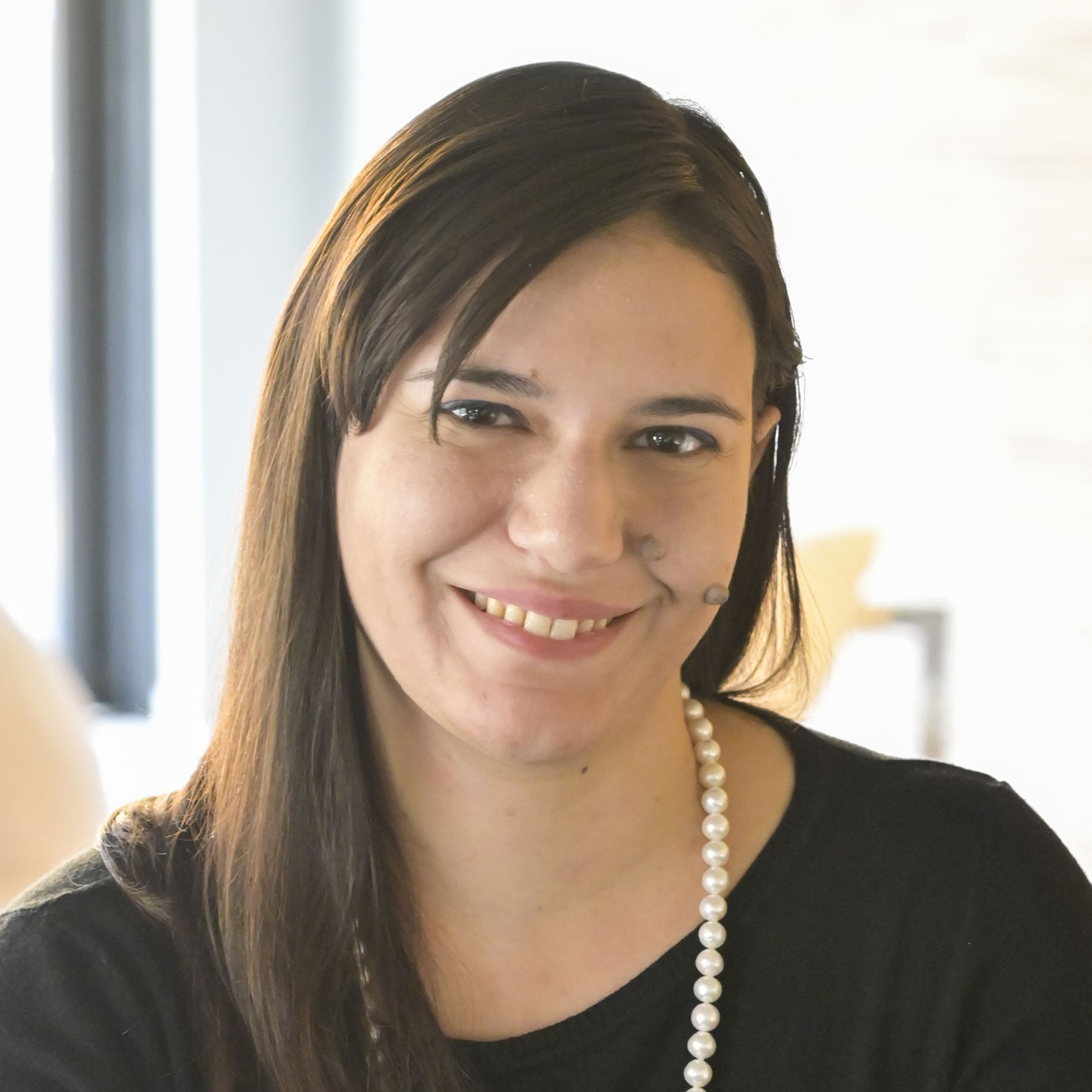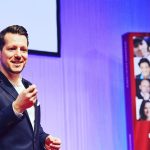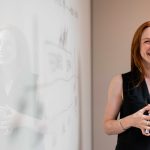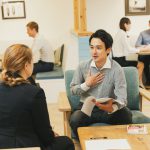
It seems reporters and interviewers sometimes are happy to make the lives of their interviewees very difficult, asking challenging questions or questions that are very tricky to answer. On some occasions they ask rude questions on purpose, perhaps to rouse an unexcepted comment from the interviewed leader or simply because they are mischievous.
Let’s look at some difficult questions together that we can find in the interview we work on at Veritas.
If you were asked: “What is your greatest weakness?” it would be very challenging to answer right away, like in the case of Tom Glocer during a CNN interview. Would you expose yourself so much at a very high-level position? This is also a question often asked during job interviews so everyone can empathize with it and know that’s a very demanding question because depending on how you answer it will reveal a lot about yourself and how you behave and think.
Another possibility would be to ask to disclose private information or future planning of your company, like in the case of Masayoshi Son during the interview with Charlie Rose, where Son-san wasn’t allowed to reveal any details of the merger between T-Mobile and Sprint. In this case, Son-san was able to hold the pressure and averted the questions by focusing on his main goal: to be Number 1 in the telecommunication market.
In the case of a not-so-polite interviewer, we have an example in the form of Piers Morgan when to Twitter co-founders Dorsey and Stone he literally said about Twitter: “I thought the whole thing was a total joke. I thought it was a waste of time, […].” And then proceeded to ask how the whole concept had changed. The two leaders were very calm and didn’t appear offended by the comment, which could also be a strategy to reply to rude comments.
Sometimes the questions are very tricky to answer because leaders could reveal a weakness like in the interview with Jim Skinner, ex-CEO of McDonald’s who has been asked if he thought “McDonald’s was declining in the US” to what he promptly and very angrily said no. Or it would be a case in which answering honestly would destroy the fragile balance between two competitors like Microsoft and Apple, when Bill Gates was asked “Do you like Steve Jobs?”. He didn’t want to destroy that balance and he answered “Absolutely [I like him]”. Maybe it’s really true or maybe he wanted to keep his thoughts to himself. On the opposite side, in one of his speeches, Steve Jobs just said that “Windows just copied the Mac”. Different leaders, different personalities and ways to share their opinions.
One way to answer questions during a challenging interview is to be honest. Howard Schultz, CEO of Starbucks, is very convinced that leaders should be 100% authentic and honest.
But being too honest could be detrimental for a leader: you may want to not disclose your true weakness as Tom Glocer did in his interview, by giving a general not too personal comment.
In general remaining calm and confident seems the best way to overcome this situation.
When to Howard Schultz they asked: “Do you think Starbucks’ products are expensive?” he calmly said “I wouldn’t say Starbucks’ products are expensive. […] It’s a premium product and a premium price.”, demonstrating how a question can be answered in an intelligent way.
Surely, preparing for an interview in advance is another good tactic, so that the interviewer can’t take the interviewee by surprise.
How would you answer these questions if you were in the same situation?

Veritas Coach
Cristina Raffa
Cristina was born in the hot and sunny Sicily, an island in the South of Italy. She graduated in Foreign languages and literature and her interest is currently focused on Japanese language and culture. After many study trips to the UK, she decided to move there for a period of time and improve her English. When she came back to Italy, she started to teach English and Italian to students from children to adults, wanting to put in practice what she had learned in university. Focusing on her Japanese, she did an exchange study programme at Meiji University in Japan, where she discovered Veritas and its unique programme.
Here she can follow her passion and love for teaching and grow as a person thanks to her experience as a coach, improving her skills by focusing on the students and their progress.
With the help of a strong and united team, at Veritas she has the opportunity to inspire people and guide them to become global leaders of tomorrow.












